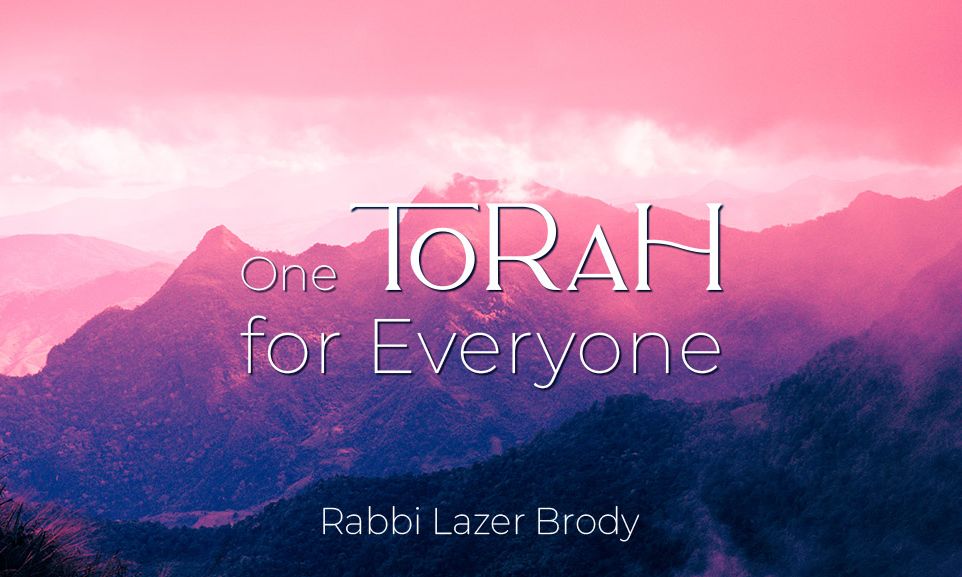
One Torah for Everyone
For hundreds of years, Hashem revealed Himself to the Prophets. But, when it came to giving us the Torah, Hashem revealed Himself to the entire nation...

“Praiseworthy are those whose ways are unblemished, who walk with the Torah of Hashem” (Psalm 119:1).
King David gives us the rationale of Hashem’s giving the Torah to the Children of Israel in the above passage. The more we are unblemished, the more we can cling to Hashem. Hashem therefore granted us the priceless gift of His Torah so that we could strive to be unblemished. Without the Torah’s morals and ethics, everyone would have his or her own idea about what’s right and what’s wrong. So, in order for there to be one truth and one Torah, Hashem had to give it simultaneously to our whole nation. Six hundred thousand men with their wives and children received the Torah on Mount Sinai on the Sixth day of Sivan in the Hebrew year of 2448, exactly 3329 years ago. This same Torah has been passed on in an unbroken chain of father to son and teacher to student since that unforgettable occasion when Hashem revealed Himself on Mount Sinai.
Let’s examine the crucial major difference between Matan Torah, Hashem’s revelation to the Jewish People on Mount Sinai when He gave them the Torah, and His so-called revelations that others build their religions on.
The New Testament, the Koran and all the foundation texts of the Eastern religions all center around Hashem’s so-called revelations to one person, whom the people accepted as a prophet or semi-deity. Although the Torah praises Abraham, Isaac and Jacob for educating their children in emuna, and although they practiced the mitzvoth of Torah even before Torah was revealed, Hashem did not want to give them the Torah. Anytime a lone prophet receives a revelation, someone can get up and claim, “How do I know it’s true? How do I know the revelation was real or not?” Subsequent generations, even the direct descendants of the prophet, might harbor doubt in their hearts. Hashem didn’t want that when it comes to truth. So, when He really gave His authentic Torah to the Jewish People, He made sure that there would  be over two million Jews there to witness the event. No one was missing.
be over two million Jews there to witness the event. No one was missing.
That’s not all. Kabbala teaches that not only the Jews of that generation were present at Mount Sinai on the day of Matan Torah, but all the Jewish souls were there too. As such, no matter how far a Jew – or even a non-Jew with a Jewish soul – is from Torah, it has an inherent ingrained ability to recognize the truth and gravitate to the Torah if it so desires. That’s the difference between Torah and any other body of knowledge. For example, a person might want to learn chemistry or physics but he or she simply can’t understand them. But, if a person wants to find Hashem and His truth, with no ulterior motives or preconceptions, he’ll be able to since the impression of Matan Torah is embedded on his or her soul.
With the above in mind, we can now understand why anyone is capable of learning emuna. Since emuna is the first of the Ten Commandments and the key to the successful and meaningful observance of the entire Torah as well as the key to happiness and fulfillment, emuna is ingrained in our souls. We need only to recharge it through learning emuna and activate it by applying it to our daily lives. As such, Hashem sent our souls to this earth and also gave us the ability to function and flourish despite the challenges and difficulties of this coarse material environment that each of us must cope with for 120 years.
Shavuot, therefore, is when we rejoice in the personal ethics, happiness and fulfillment manual that the Creator gave to our entire nation. Only when we strive to fulfill the Torah’s commandments, can we be the unblemished people whom Hashem chose to be a light among the nations. Happy Shavuot!



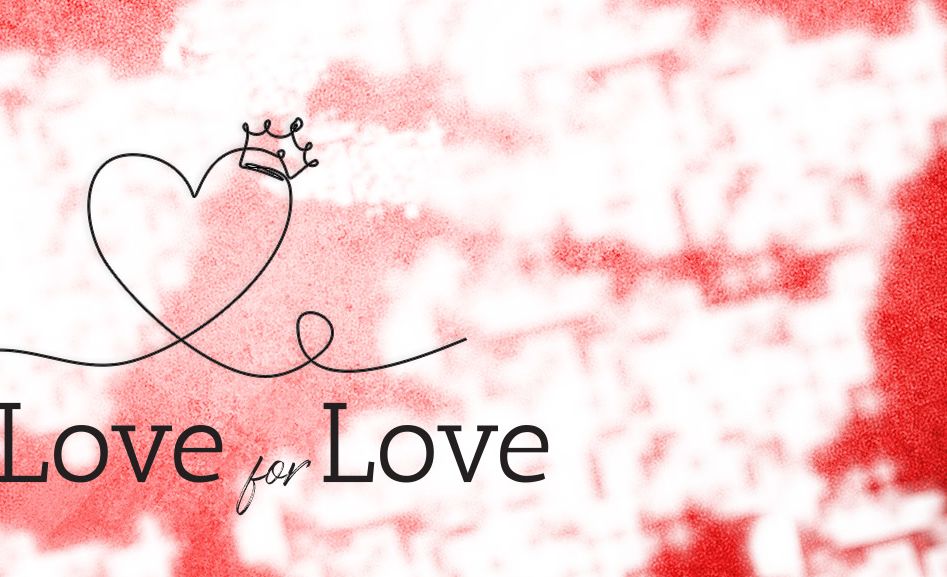
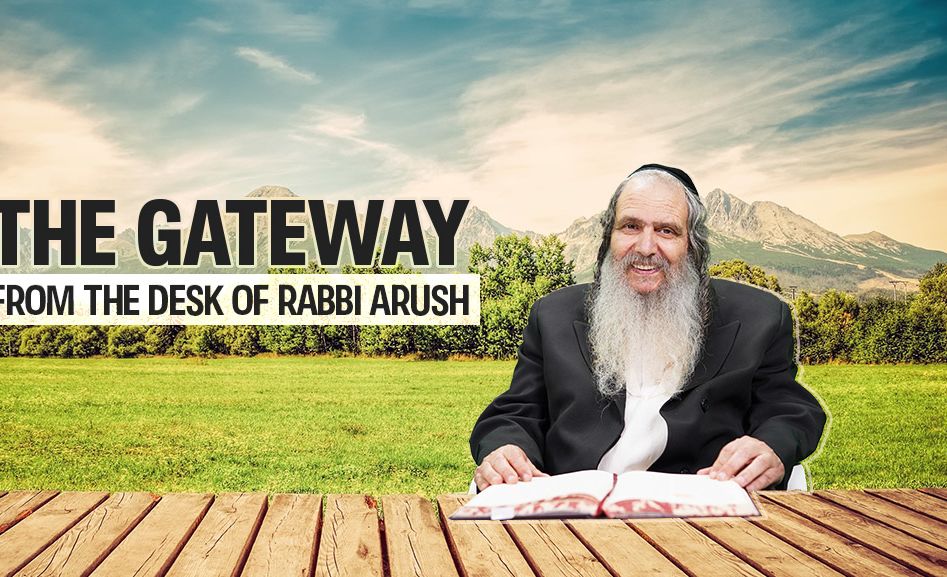
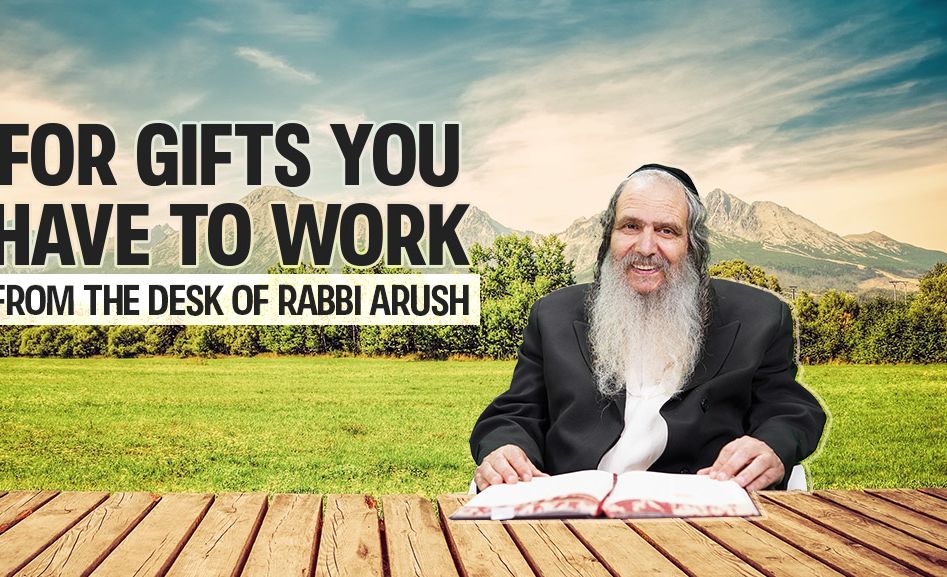
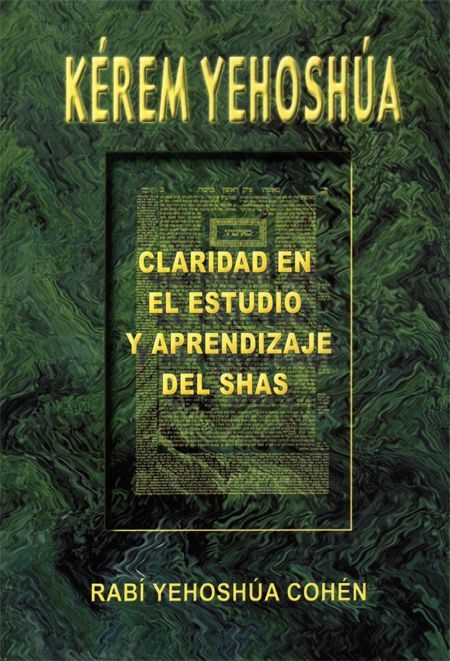
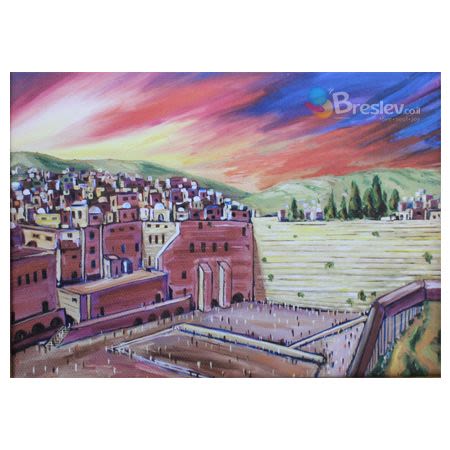
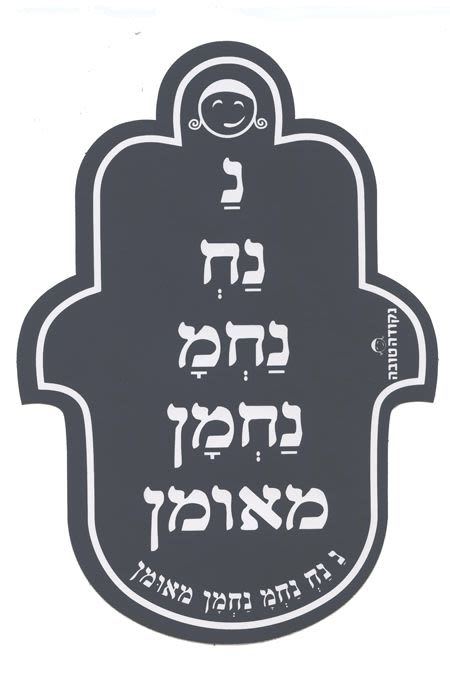
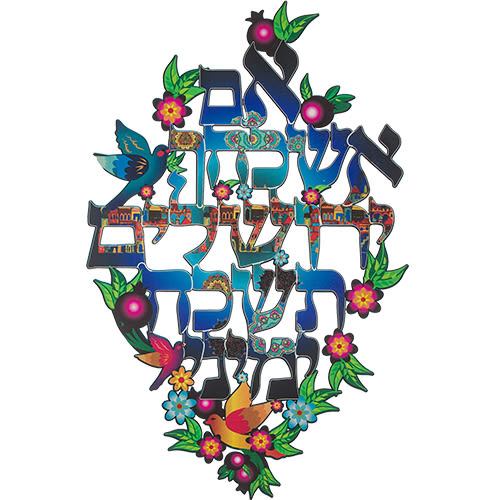
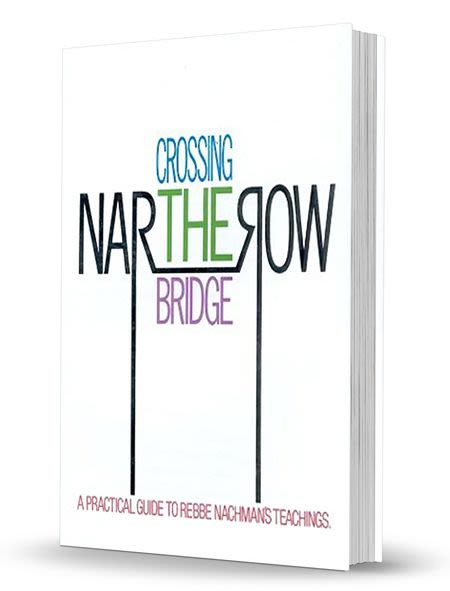

Tell us what you think!
Thank you for your comment!
It will be published after approval by the Editor.